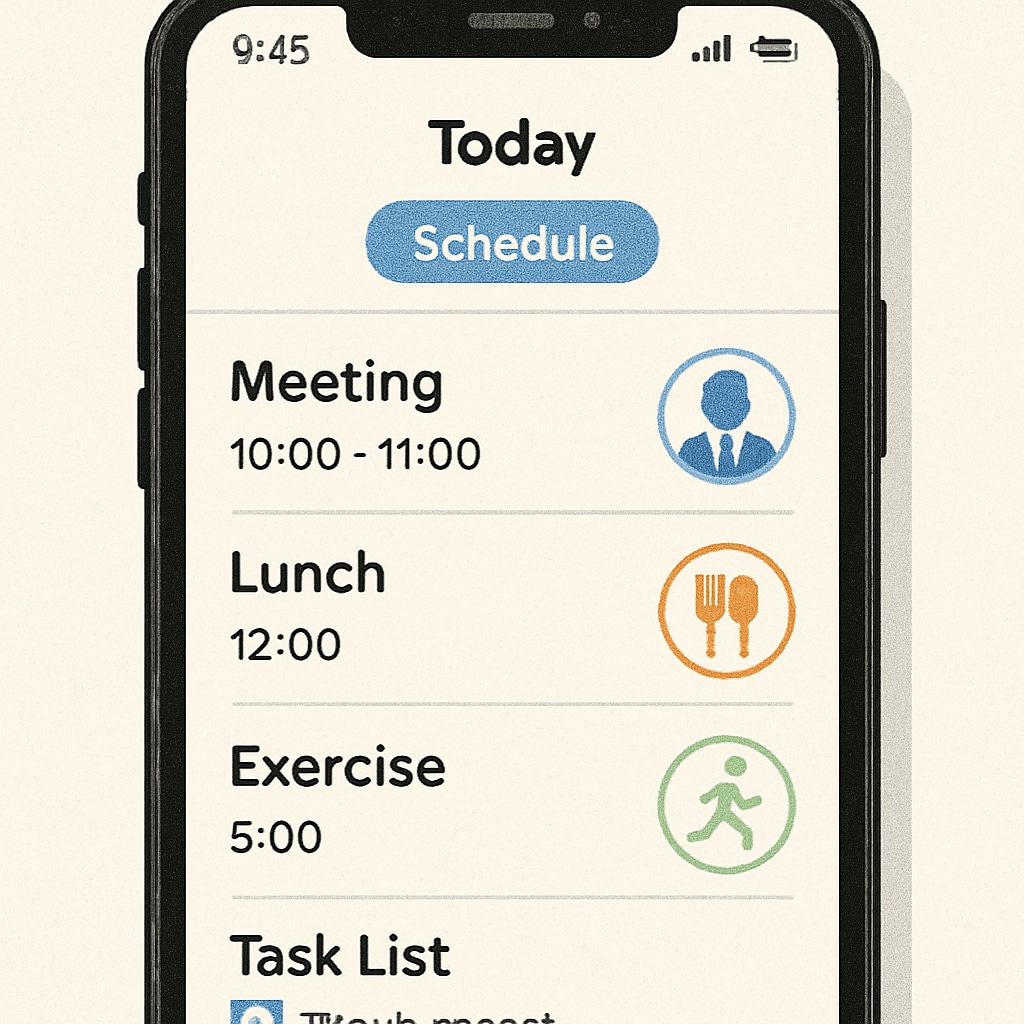For many professionals, the decision to pursue a master’s degree while maintaining a stable career is both exciting and daunting. Balancing career growth, higher education, and time management often presents a unique set of challenges. This article explores practical ways to manage these demands while highlighting strategies for achieving success in both academic and professional spheres.
Why Pursuing a Master’s Degree Matters for Career Growth
In today’s competitive job market, advanced degrees such as a master’s can significantly enhance career prospects. A master’s degree not only provides specialized knowledge but also demonstrates dedication to continuous learning, which is highly valued by employers. For example, fields like business administration, engineering, and healthcare often require advanced qualifications for senior roles.
However, for professionals deeply engaged in their careers, finding the time and energy to focus on higher education can be a struggle. This is where effective planning and prioritization come into play.

Overcoming Time Management Challenges
One of the most significant obstacles that professionals face is time management. Between work responsibilities, personal commitments, and academic demands, it’s easy to feel overwhelmed. The key lies in identifying and implementing strategies that optimize productivity and reduce stress.
- Create a realistic schedule: Allocate specific hours for work, study, and relaxation to maintain balance.
- Leverage technology: Use apps and tools like calendars, task managers, and online study platforms to streamline your daily activities.
- Set priorities: Focus on high-impact tasks while postponing or delegating less urgent ones.
For instance, exploring part-time or online master’s programs can allow professionals to tailor their education around their existing schedule. According to Wikipedia on Distance Education, online learning is increasingly popular due to its flexibility and accessibility.

Choosing the Right Study Format
Professionals must carefully choose an academic program that aligns with their career goals and lifestyle. Options such as part-time, evening classes, or online courses can make education manageable without sacrificing career progress. Below are core considerations:
- Program flexibility: Does it offer evening or weekend classes?
- Relevance to career: Will the degree enhance your expertise in your current field?
- Financial feasibility: Are there scholarships or employer-sponsored programs available?
In addition, networking opportunities within these programs can further career advancement by connecting professionals with industry leaders and peers.
For more insights into choosing the right study format, see Britannica’s comprehensive guide on education.
Strategies for Maintaining Work-Life Balance
Balancing education and career doesn’t mean sacrificing personal well-being. It’s essential to integrate self-care into your routine to avoid burnout. Here are some practical tips:
- Take regular breaks: Short breaks during study or work sessions can rejuvenate your focus.
- Communicate with your employer: Share your academic goals with your organization; they may provide support such as flexible hours.
- Seek support: Reach out to family, friends, or mentors for encouragement and advice.
As a result, professionals who prioritize their physical and mental health often find it easier to sustain long-term productivity and motivation.
Conclusion: Pursuing a master’s degree while advancing a career is undoubtedly challenging, but it’s an achievable goal with strategic planning and determination. By selecting the right program, mastering time management, and maintaining work-life balance, professionals can unlock new opportunities while excelling in their current roles.


